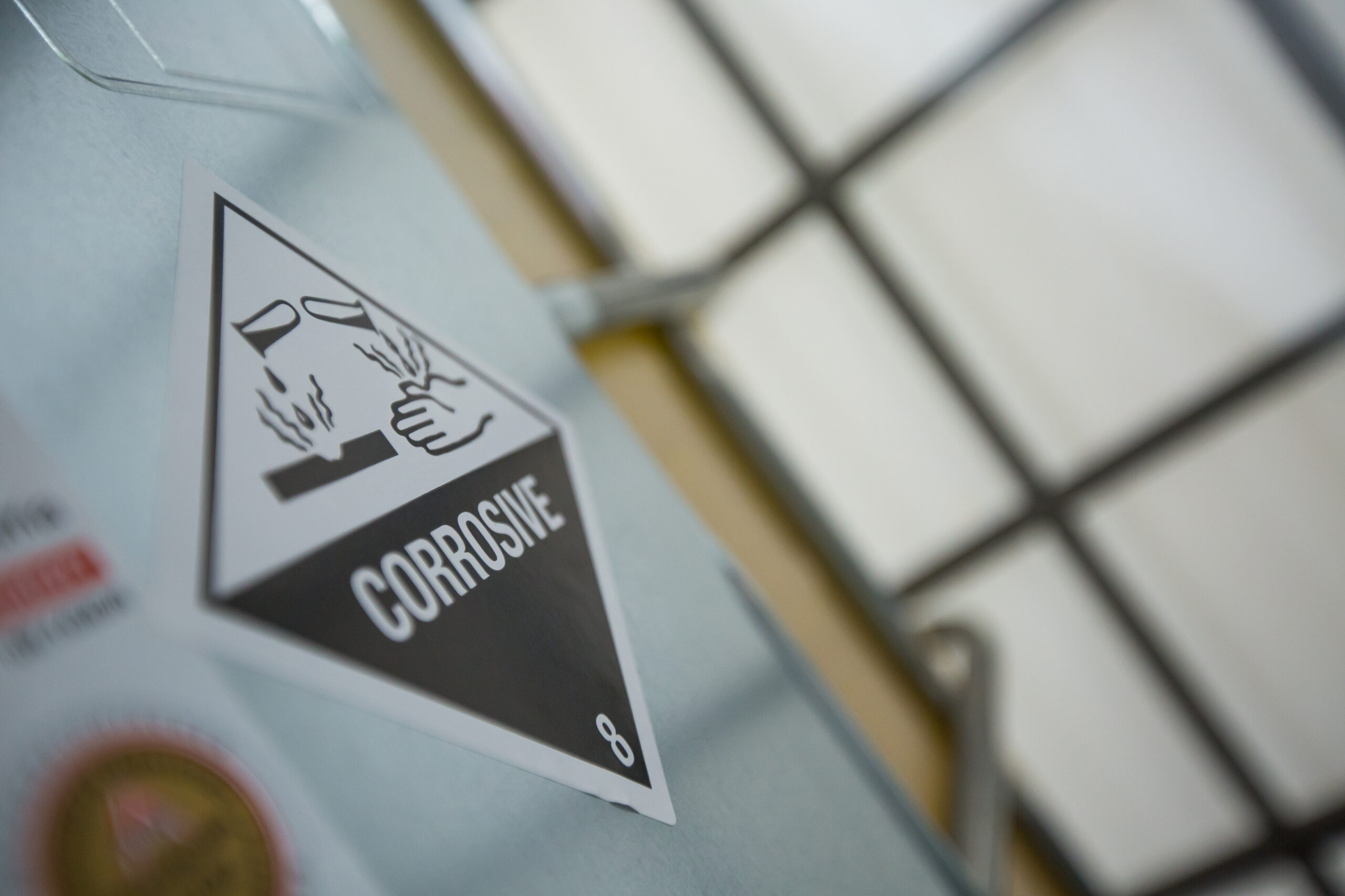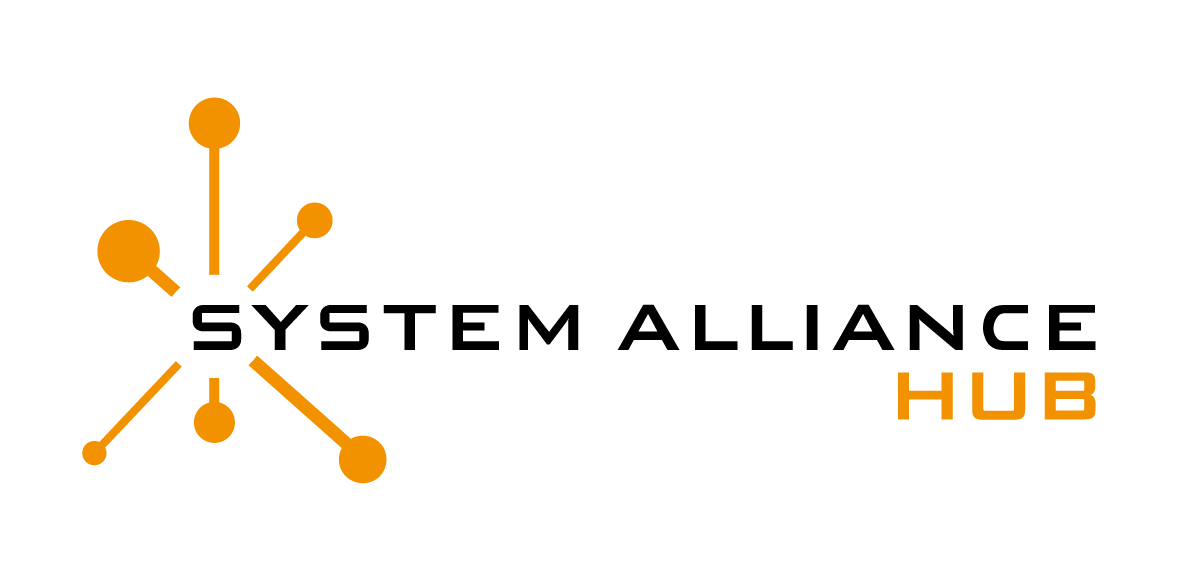
What are dangerous goods?
Dangerous goods are substances or preparations – i.e. mixtures, blends or solutions – that require special care during handling to ensure that they do not pose a danger. This is due to their nature, their chemical or physical properties or their condition. This danger exists for the safety of the general public or public order, for the life and health of humans and animals and for important common goods. This is how common definitions generally express it.
Specific legal provisions define which substances fall under this description in each individual case. There are a whole host of specific regulations for the handling and especially the transshipment of dangerous goods, all of which are aimed at ensuring safe operations and preventing accidents. To be eligible to transport dangerous goods, lorry drivers must, for example, present an ADR certificate. But all other parties involved in the transport process, such as employees in the Alliance HUB system, must also prove their expertise through such certificates. For many European and neighbouring countries, the legal requirements are laid down in the European Agreement concerning the International Carriage of Dangerous Goods by Road (ADR). The Agreement contains provisions on duties, responsibilities and administrative offences as well as regulations on the packaging of substances and their load securing. It is regularly reviewed based on new research findings.
Dangerous goods are substances that may only be handled in compliance with special safety regulations.
The Agreement also regulates the appropriate and clear labelling of transport containers. Packages must be marked with so-called hazard labels, which show the dangerous goods class of a substance with a number code; liquids and gas containers must also be provided with ventilation devices and alignment arrows. If an accident does occur, these help rescue workers and emergency responders immediately recognise the danger posed by the substances and take the appropriate steps without delay. We always keep the appropriate protective equipment for personal protection, fire fighting, safeguarding a possible accident site and removing potentially leaked hazardous materials in the HUB in case of an emergency.
We would be happy to provide no-obligation advice on the handling of dangerous goods and our other services.




